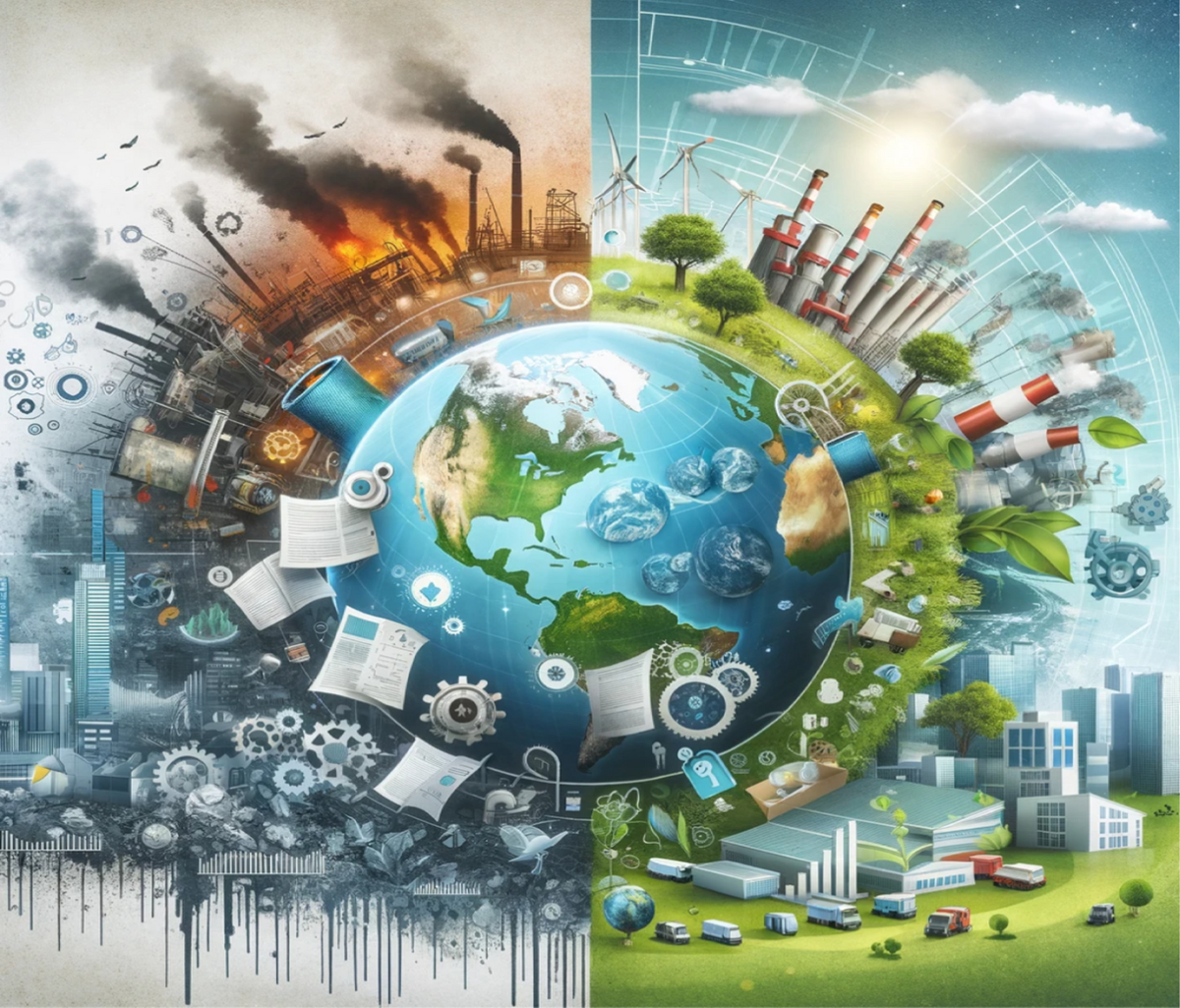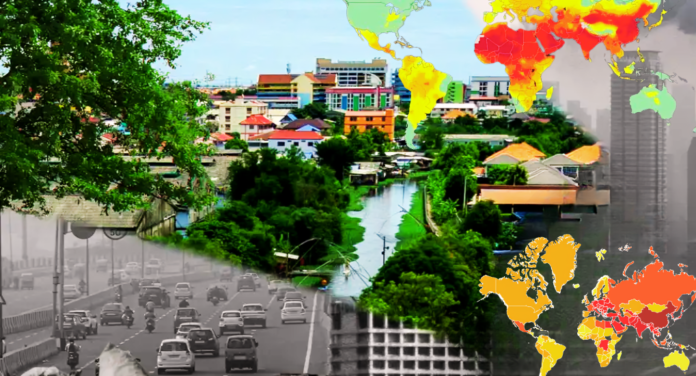The Global Air Quality Crisis remains one of the most pressing challenges of our time. As air pollution continues to escalate worldwide, only seven countries managed to meet the safe air quality standards in 2023, a stark reminder of the growing environmental concerns. A recent report by IQAir, a leading Swiss air quality technology company, reveals troubling findings about global air pollution levels and the alarming number of regions that exceed safe limits.
Struggle to Meet Safe Air Quality Standards
According to the IQAir report, which compiled data from over 30,000 monitoring stations across 134 countries, territories, and regions, only seven countries managed to meet the World Health Organization (WHO) guidelines for PM2.5 (fine particulate matter). These countries include Australia, Estonia, Finland, Grenada, Iceland, Mauritius, and New Zealand.
In addition to these countries, Puerto Rico, Bermuda, and French Polynesia also met the WHO’s air quality standards, offering a glimpse of hope in a world where clean air is becoming increasingly rare.
Impact of the Global Air Quality Crisis on the World

The Global Air Quality Crisis continues to pose significant challenges to the world, with far-reaching consequences that go beyond environmental concerns. Below is an in-depth look at the scope and severity of the issue:
1. Widespread Exceedance of Safe Air Quality Standards
Despite a few countries meeting safe air quality guidelines, the report reveals that 124 countries have surpassed the safe threshold for air pollution. This highlights the massive scale of the crisis and the urgent need for global action.
2. Public Health Catastrophe
Air pollution is not just an environmental problem—it is a public health disaster. Exposure to poor air quality is linked to numerous health conditions, including respiratory diseases, cardiovascular issues, and even premature death. Millions of people worldwide continue to suffer from these harmful effects.
3. Lack of Data and Delay in Action
One of the major barriers to addressing this crisis is the insufficient availability of accurate air quality data in many regions. This lack of information delays effective decision-making and hinders timely intervention. Without proper data, governments and organizations cannot take the necessary steps to combat air pollution.
4. Ongoing Human Suffering
The delay in addressing the issue exacerbates the suffering of vulnerable populations, particularly in regions with high levels of pollution. In these areas, people are exposed to harmful air daily, significantly impacting their quality of life and overall health.
The Global Air Quality Crisis requires urgent, coordinated action on a global scale. Improved monitoring, stricter regulations, and increased awareness are essential to reduce the harmful effects of air pollution and protect public health worldwide.
Expert Opinions on the Air Quality Crisis
Frank Hammes, the global CEO of IQAir, commented on the findings, stressing that “a clean, healthy, and sustainable environment is a universal human right.” He pointed out that the lack of accurate air quality data in many regions leads to delayed action and unnecessary human suffering.
Hammes emphasized that where air quality is monitored and reported, improvements can be made, ultimately saving lives.
Also Read: Punjab Air Quality Hits Record Highs
Aidan Farrow, a senior air quality scientist at Greenpeace International, echoed these concerns. He described the persistent air pollution in 2023 as a “global health catastrophe” and called for the implementation of existing solutions to combat this growing threat. Farrow’s statement serves as a reminder of the urgent need for widespread action to improve air quality around the world.
Moving Forward: Addressing the Global Air Quality Crisis
The Global Air Quality Crisis is an urgent issue that requires immediate action. Governments, organizations, and individuals must come together to prioritize cleaner air and stricter environmental regulations. With the right data and commitment, significant improvements can be made to reduce air pollution and protect the health of future generations.


